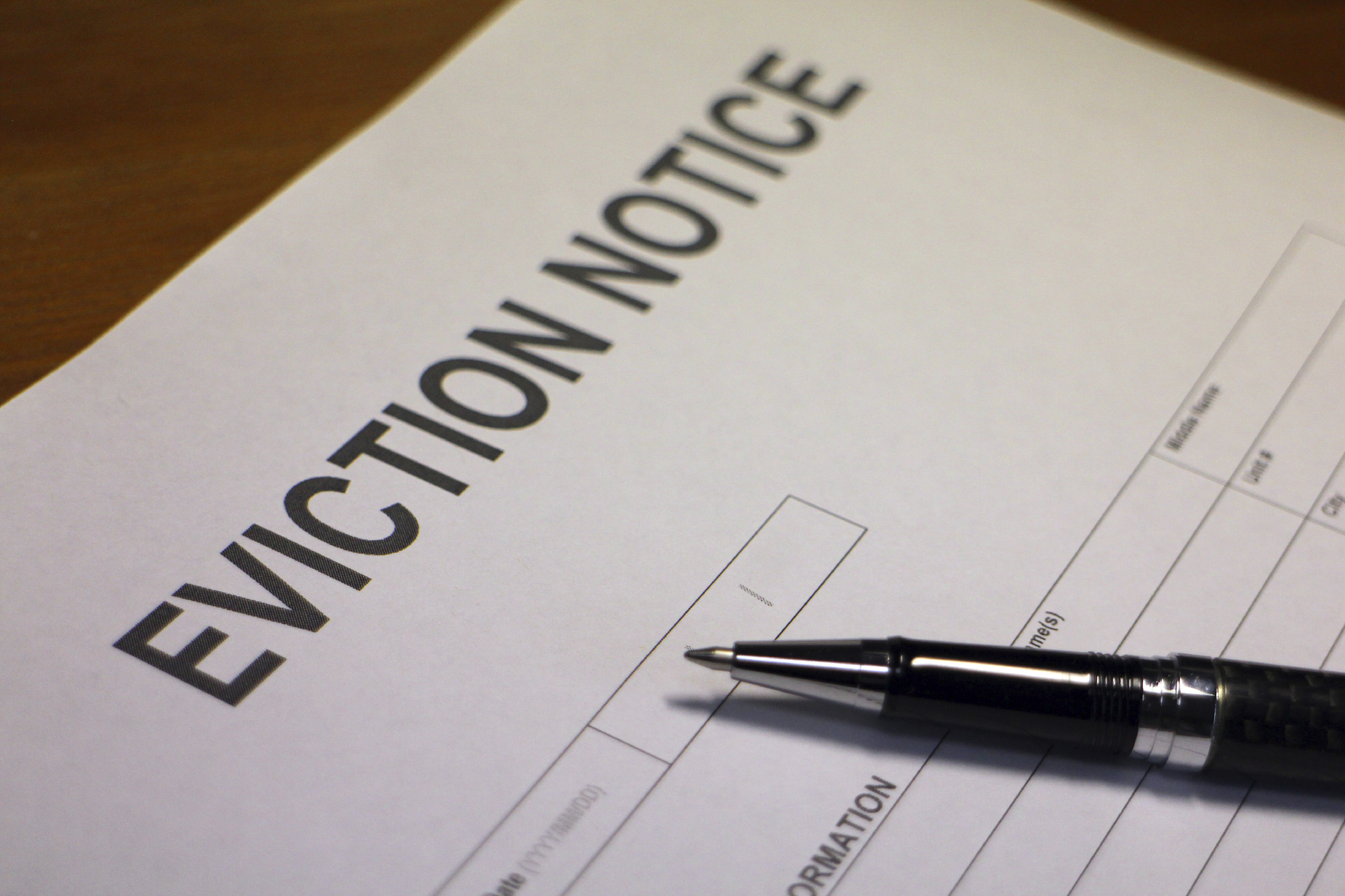
‘Number of rental repossessions hits record high’
Last month the Ministry of Justice (MoJ) published its latest figures on landlord claims, evictions and repossessions.
The headline figure was that in 2015 there were over 42,000 repossessions of rental properties made by county court bailiffs – the highest annual figure the MoJ has recorded since it started measuring this data in 2000.
The latest data also covers the number of claims for possession made by landlords as well as the split between the private and social rental markets.
So are evictions and repossessions becoming more common? Well, it’s hard to say definitively as the rental sector has grown so much in recent years.
What is clear, though, is that claims and evictions are something that many private landlords have to go through. In fact, a survey we carried out in 2015 revealed that 51% of landlords have had to deal with a problem tenant.
Here’s a more detailed breakdown of what the MoJ reported:
Key stats
1. Orders down by 7%
The court may grant an order following a judicial hearing which can be either for immediate possession (outright order) or suspended
• In 2015 the total number of orders made was 118,481, down 7% on 2014 (127,270)
2. Warrants of possession* down 1%
Having received an order, or if the terms of a suspended order are broken, the claimant can apply for a warrant of possession
• The total number of warrants issued in 2015 was 77,600, down 1% on 2014 (78,268)
3. Repossessions by county court bailiffs up 2%
Once a warrant has been issued county court bailiffs can repossess the property on behalf of the claimant
• The total number of repossessions in 2015 was 42,728, up 2% on 2014 (41,967)
* Multiple warrants may be issued per claim
Majority of landlord possessions claims were for social housing
The MoJ data for landlord possession claims shows that in the last 3 months of 2015:
• 13% (4,898) were made by private landlords
• 62% (22,690) were made by social housing landlords
• 25% (9,013) were accelerated claims (which can be either private or social housing landlords)
How long does the claims process take on average?
The data from the MoJ showed that:
Claim to order
• Orders; from initial claim to order has averaged at 12 weeks for 2015
Initial claim to warrant
• Warrants: from initial claim to warrants issued has averaged at 37 weeks for 2015
Initial claim to Repossessions
• Repossessions by County Court Bailiffs: from initial claim to Repossession has averaged at 41 Weeks in 2015
Where does this leave landlords?
According to the latest figures from Your Move and Reeds Rains, there were a total of 82,900 households behind on more than two months’ rent during Q4 2015. This figure represents an increase in serious tenants arrears of almost 20% when compared with the same quarter in 2014.
The agencies report that their latest figures for evictions represented 32% of the stock of tenants in serious rent arrears in Q4, meaning approximately one-in-three cases of rent arrears translate into evictions each quarter.
As tenant arrears rise and many landlords do all they can to avoid the evictions process, the need for rent guarantee and rent protection products is clear. On top of this, landlords must do everything in their power to try and find reliable tenants from the outset – from using trusted tenant referencing services to interviewing potential tenants.
The problem of the rising number of repossessions could also be exacerbated by Government plans to close 86 courts and tribunals in England and Wales over the next few years.
Landlords who are evicting tenants after obtaining a possession order may be required to attend subsequent court hearings and fewer courts could mean delayed hearings, increased costs and potentially longer journeys.
Although the number of repossessions made by landlords still represents a relatively small proportion of the industry, it’s a trend that seems to be rising.
With this in mind, landlords must make sure they are fully aware of their rights and legal obligations when it comes to claims and evictions, as well as making sure they do everything they can to install trustworthy tenants and protect their investment.
Central Housing Group’s ‘Guaranteed Rent’ Scheme protects landlords from the substantial risk of rent arrears, costly evictions and wilful tenant damage. Our landlords are paid an agreed monthly Guaranteed Rent for the duration of the term of their contract regardless of their tenants’ financial or employment circumstances and regardless of whether their property is occupied or not.
Landlords – please carefully consider the risks you run by choosing to let your property privately when, instead, you can let your property on our ‘Guaranteed Rent’ Scheme and protect yourself from any rental loss exposure or legal eviction costs.
When you let your property on our ‘Guaranteed Rent’ Scheme either our local authority clients will assume full legal and financial responsibility for the eviction of your tenants or we will, depending on the nature of the letting of your property – consequently you can be assured that you will not incur any legal eviction costs at all when letting your property to us and, furthermore, you can also be assured that you will continue to receive full monthly rental payments from us until vacant possession of your property has been lawfully obtained!
If you are interested in finding our more about our ‘Guaranteed Rent’ Scheme, currently operating in north, east & west London, please call us today on 020 8447 1222.


If you have any comments, please email the author of this article and click on the link above